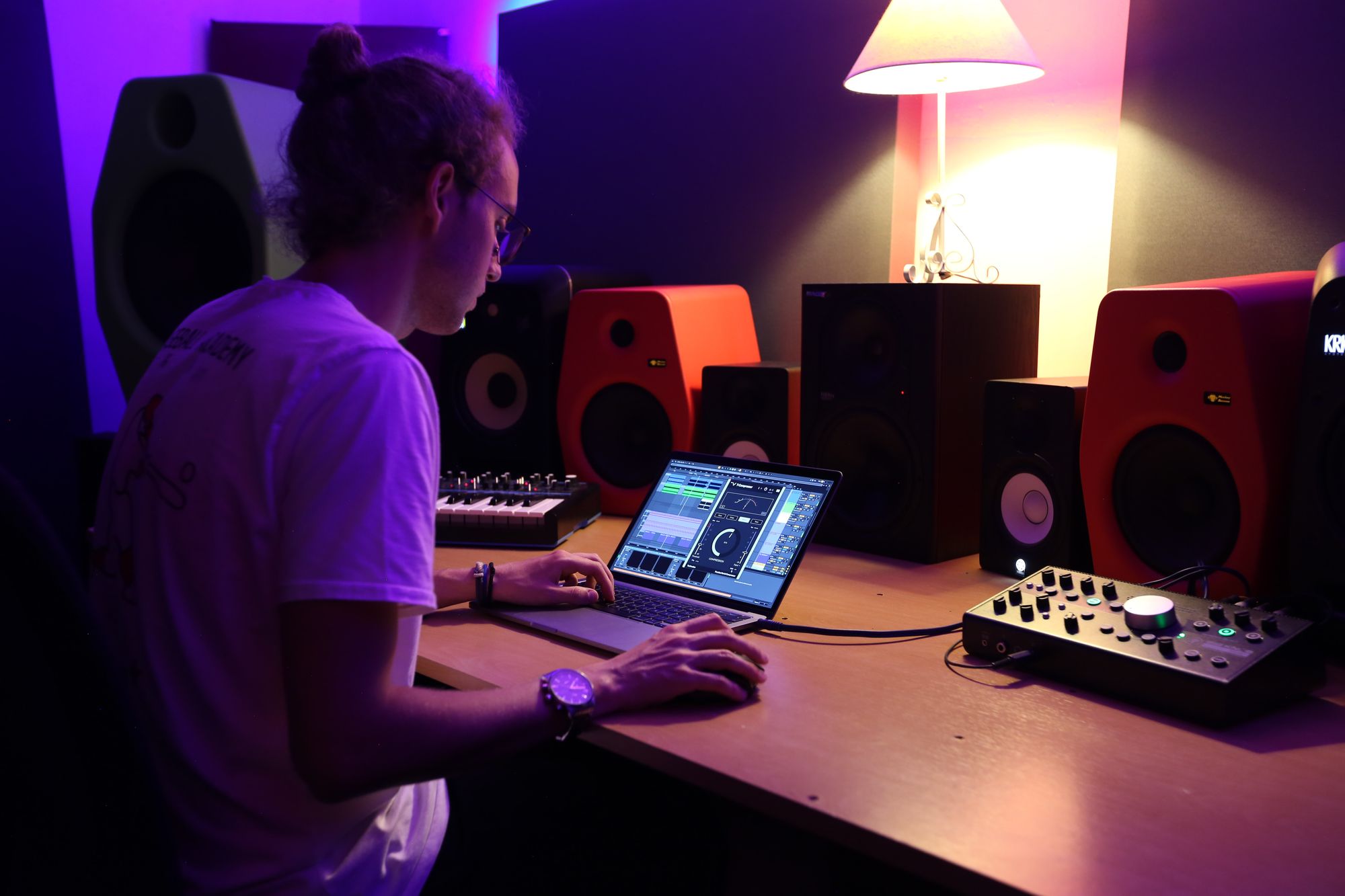The Different Types of Engineers in the Recording Studio - And Why They're So Important!

Engineers are the invisible heroes behind all your favorite music. The recording engineer is a crucial part of the recording process, as they are in charge of capturing perfect audio and creating the final product. While there are many engineers working in studios, there are different types of engineers that specialize in different areas.
Engineers usually specialize in one of three different areas: Mixing engineers focus on ensuring that every individual instrument or voice is clearly audible and balanced with the rest of the song. They also work to improve clarity and definition while keeping distortion to a minimum.
In contrast, Recording engineers focus on making sure that each note and word captured by the microphones is audible and free from any background noise or other unwanted sounds. They also make sure that the microphone placement is ideal to capture the clearest sound possible.
Finally, Mastering engineers focus on enhancing audio quality for an overall cohesive piece so it sounds even better after being compressed into one file for digital distribution or record sales. This blog post explores each kind -- So you know what to Look For When Hiring Engineers!
Mixing Engineers
Mixing engineers are responsible for creating a balanced mix of all the different instruments and voices in a song. They rely on the equipment in the studio to help create well-mixed music, but they also have a huge creative impact on the final product. They decide where to place each element in the frequency spectrum, what effects to use, and what panning position sounds best.
Mixing engineers must constantly be aware of each track’s volume compared to all the other tracks, as well as the volume compared to the rest of the song. Because mixing engineers are responsible for balancing all of the elements in a song, they usually work with the producer to create an overall sound or theme for a recording project. They are often involved in the songwriting process, and they typically have a hand in hiring the other engineers.
Mixing engineers must have an excellent ear for sound and a creative vision for how a song should sound. They must be able to clearly communicate their vision to other engineers, musicians, and clients. They may also have to spend time troubleshooting problems and fixing mistakes in recordings. Mixing engineers often work long hours, and the work can be strenuous and highly technical.
Recording Engineers
Recording engineers are responsible for making sure that the audio being captured is as clear and clean as possible. They must constantly be thinking about the placement of each microphone and what adjustments will best capture each instrument or voice.
They also play a large role in selecting and setting up the equipment used in the studio. They must be familiar with all the different types of microphones and their uses. They may also have experience with other types of recording equipment like signal processors, effects boards, and console automation.
Capturing audio doesn’t happen in a vacuum. Recording engineers must work closely with the musicians to ensure that they’re comfortable and playing their best. They must also be able to direct musicians to make sure they’re in the right place at the right time. They must be able to clearly communicate their recording and microphone placement ideas.
Mastering Engineers
Mastering engineers are responsible for enhancing the audio quality of a recording so it sounds even better after being compressed into one file for digital distribution or record sales. They may use any number of different tools to achieve this, but the most common techniques involve equalization, compression, and limiting.
Mastering engineers often work closely with mixing engineers during the final stages of the recording process. They will make adjustments to the song so it sounds its best. They may also be asked to fix mistakes or problems that were caused during the recording process.
Conclusion
Engineers are incredibly important members of the recording process, and each type of engineer has their own important role to play in a song. While the equipment is key, engineers are the people in control of how it is used, and they are the ones who ultimately decide how a song sounds.
When hiring engineers, it is important to select people with a background and experience in the area in which you need help. Hiring the right engineer can make all the difference between a good song and a great song.


